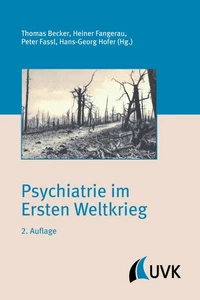The historian, political scientist and constitutional historian Friedrich Christoph Dahlmann (1785-1860) was the most prominent amongst the German "political professors" during the 19th century. This type of a university teacher combined academic insights and values with engagement in practical politics, even if this meant professional setbacks and oppression by the authorities. Already as a young professor in Kiel Dahlmann fell out of favour with the Danish court due to his insistence on the inseparable union between the two duchies of Schleswig and Holstein.
In Goettingen he was the head of the famous seven professors who protested against the constitutional putsch of the new king of Hannover. Finally being a professor in Bonn, Dahlmann was elected into the German constitutional national assembly in Frankfurt in spring 1848 and became one of the fathers of its constitution, on which today's German constitution is based. The relationship between Dahlmann's academic works, his ethical values and his practical engagement was the topic of a colloquium at Bonn university in November 2010, on the occasion of the 150th anniversary of his death.
The presentations of this conference published in this volume shed a light not only on manifold aspects of academic history, but also examine the lasting impact of Dahlmann's life and thinking on today's intellectual and political challenges.
The historian, political scientist and constitutional historian Friedrich Christoph Dahlmann (1785-1860) was the most prominent amongst the German "political professors" during the 19th century. This type of a university teacher combined academic insights and values with engagement in practical politics, even if this meant professional setbacks and oppression by the authorities. Already as a young professor in Kiel Dahlmann fell out of favour with the Danish court due to his insistence on the inseparable union between the two duchies of Schleswig and Holstein.
In Goettingen he was the head of the famous seven professors who protested against the constitutional putsch of the new king of Hannover. Finally being a professor in Bonn, Dahlmann was elected into the German constitutional national assembly in Frankfurt in spring 1848 and became one of the fathers of its constitution, on which today's German constitution is based. The relationship between Dahlmann's academic works, his ethical values and his practical engagement was the topic of a colloquium at Bonn university in November 2010, on the occasion of the 150th anniversary of his death.
The presentations of this conference published in this volume shed a light not only on manifold aspects of academic history, but also examine the lasting impact of Dahlmann's life and thinking on today's intellectual and political challenges.

 , qui est-ce ?
, qui est-ce ?